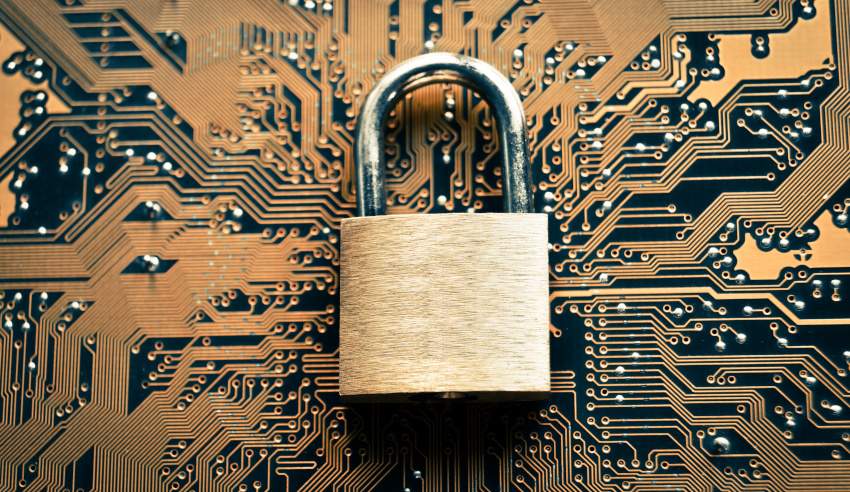Sociocultural issues such as tax evasion, voter fraud and even climate change, may all be improved as the system of law interacts with blockchain technology, according to a law lecturer.

Philippa Ryan, a senior law lecturer at the University of Technology Sydney, says blockchain is “the best tracking software known to man.”
With applicability across data entry, data tracking and data matching, Ms Ryan says “the certainty and transparency with which the system operates means that a failure to update a ledger is known to all.”
In preventing tax evasion, “the certainty and transparency with which the system operates means that a failure to update a ledger is known to all, including the Tax Office.”
Calling blockchain entries “immutable,” she said “this is not just triple-entry accounting; it is infinite-entry accounting,” with capabilities extending far beyond accounting due to network entrance visibility.
According to the academic, “blockchain can reduce tax fraud, help close the tax gap, reduce corruption and improve social equity.”
Stretching her tax example even further, Ms Ryan said “the impact and reach for ensuring that everyone pays their fair share of tax is immeasurable,” and “this analysis readily translates to managing voter registration and electoral integrity.”
The nexus between such socio-cultural effects of blockchain and the rule of law are supported by the fact that “any system that can inject or support certainty or transparency will benefit everyone,” Ms Ryan said.
“Secrecy undermines the rule of law,” she explained, clarifying that “of course, there will always be human activities and information that we want to keep private or confidential for person or commercial reasons (for example).”
But, “permission to access this sensitive data can also be managed in a more transparent way with the help of blockchain technology.”
On the topic of climate change, she said a dependence on accurate data and can benefit from reducing the size of transactive grids for storing and exchanging green energy generated from solar, wind and water and converted into electricity.
Ms Ryan recently spoke at a special United Nations session on the ability of blockchain to help drive sustainable energy.
“With smaller grids, there is less chance of leakage (fugitive emissions) and there is also greater resilience in the face of storms and other natural events that can disrupt the distribution of electricity,” she considered.